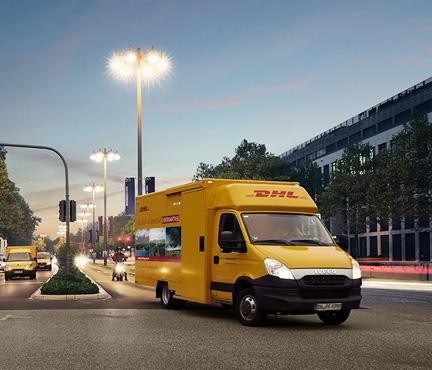
International delivery services

Integration: Simple and straightforward IT system set up
Simple and straightforward IT system set up
- Friendly and flexible support team to help you get started
- Integration channels to suit your individual needs
- State-of-the-art services and technology
Contact us!
Get in touch to find out more about our international delivery services for your business.





)
)
)
)
)
)
)
)
)
)
)